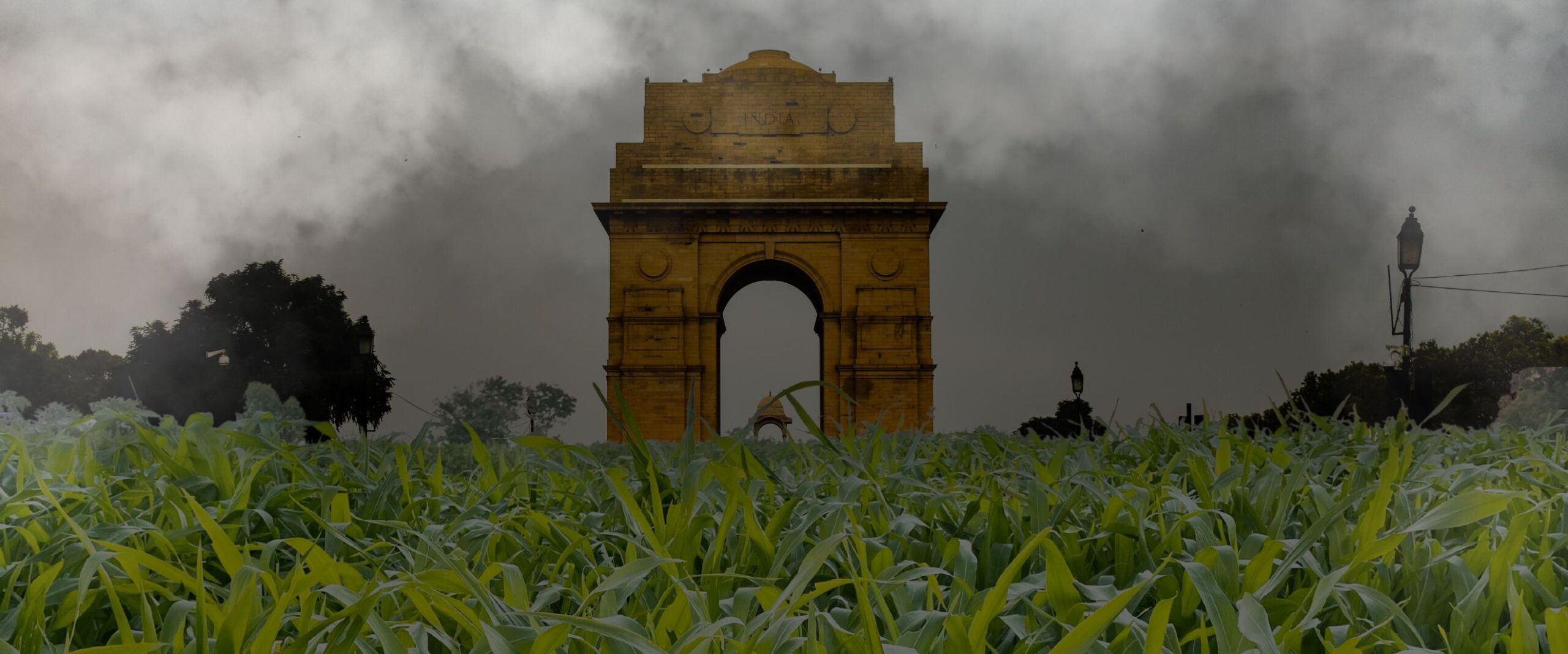Analysis
Delhi Pollution Crisis | Supreme Court suggests criminal action against farmers for stubble burning
The Bench recommended the Union Government to consider imposing fines or imprisonment under the Indian penal laws

Today, the Supreme Court directed the states of Punjab, Haryana and Uttar Pradesh to fill vacancies in their State Pollution Control Boards within three months. The Bench of Chief Justice B.R. Gavai and Justice K.V. Chandran suggested that the Union consider penal provisions to tackle stubble burning.
The Bench was hearing contempt petitions concerning unfilled vacancies in the Pollution Control Board. It had earlier flagged that the vacancies were a key factor in the failure to curb air pollution in the NCR.
Vacancies in boards expose the public to worsening air quality
Senior Advocate Aparajita Singh, the Court-appointed amicus curiae, informed the Bench that the number of vacancies in Haryana had increased from 137 posts to 144. The counsel for Punjab submitted that 36 posts had been advertised and 43 vacancies were “under process”.
The Bench directed Haryana and Punjab to fill all vacancies within three months. In the interim, it directed the state to appoint officers on a deputation or contractual basis so that “the absence of manpower during the peak of the pollution season” does not cripple pollution control efforts.
The amicus stressed that “at the peak of pollution season, the absence of manpower” weakens enforcement, leaving the public exposed to worsening air quality.
Penalising stubble burning
The Court asked whether stubble burning was prohibited under any provision. Additional Solicitor General Aishwarya Bhati responded that prosecutions were possible under the Environment Protection Act, 1986 (EPA), but that provision had since been withdrawn.
Questioning the rationale, CJI Gavai asked, “Why is it withdrawn? Having people behind bars will send the right message.”
Bhati explained that penalties were now issued under the Commission for Air Quality Management (CAQM) Act, 2021, against erring officials. CJI Gavai was unconvinced and suggested the Union consider penal provisions for agriculturists.
He added that farmers remained “at our heart” but, “If you want to have a real intention of protecting the environment, you cannot just see it on a five-year basis.”
The Bench referred to reports that stubble could be repurposed as biofuel or even used in brick-making.
The amicus recalled that subsidies—80 percent for corporate entities and 50 percent for individual farmers—had already been provided to procure crop residue management machinery. Despite this, “since 2018, the Court has passed extensive orders and they only plead helplessness before you,” she told the Bench.
Counsels for the states submitted that significant progress had been made, with fire incidents reducing from 77,000 to 10,000. Senior Advocate Rahul Mehra submitted that “a lot has been achieved in the past three years and much more will be achieved this year.” Still, CJI Gavai made it clear that leniency could not continue indefinitely and warned the Union, “Take a call, or we will issue a mandamus.”
From prohibitory to preventive measures
The Court noted that measures such as the Graded Response Action Plan (GRAP) carried severe economic consequences as it halted construction and movement within the capital. Further, it left migrant workers without wages, leading to disputes over delay in granting adequate compensation.
Stressing the need to move from prohibitory to preventive solutions, the Bench directed the Commission for Air Quality Management (CAQM) to convene joint deliberations with the Union, the concerned states, and their Pollution Control Boards. The Court said a “concrete plan suggesting preventive measures to prevent pollution” must be prepared and submitted within three weeks.
The matter will be heard next on 8 October.